Agriculture is a billion-dollar industry in Canada and all over the world. Not only does it support the economy, but it also puts food on our tables, clothes on our backs and roofs over our heads. Agriculture is simply a vital part of life. It provides us with the basic necessities that we have become accustomed to. However, it is also a significant contributor to the greenhouse gas emissions responsible for climate change.
About one-quarter of all greenhouse gases come from agriculture. Clear-cutting land, soil disturbance, synthetic fertilizers and pesticides, monocropping, energy use, and crop or livestock types are all contributing factors. These agricultural practices emit large amounts of carbon, methane and nitrous, which accumulate in the earth’s atmosphere and cause a warming effect around the globe. You might have already noticed our winters are getting a bit warmer each year, resulting in less frosty mornings.
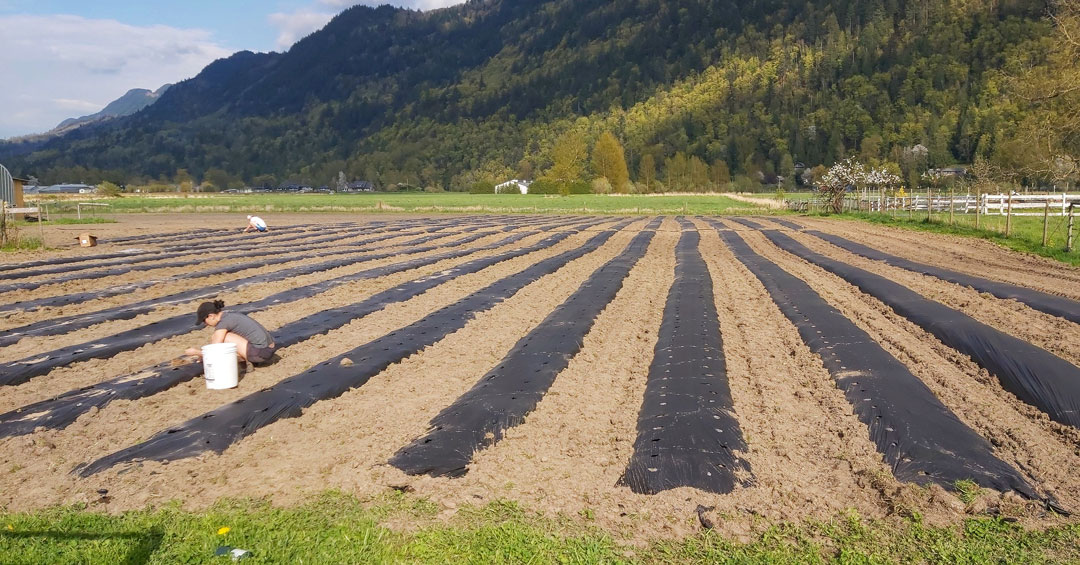
You might be thinking, I’m alright with less frosty mornings, but the problem with climate change isn’t just that it’s making the world warmer by a few degrees. This temperature rise will eventually get too high, harming our health, the economy and the earth’s ecosystems and natural resources. It also affects agriculture. Global warming is already reducing crop yields in certain parts of the world because of drought, insect infestations and wildfires, and it’s only going to worsen if nothing is done.
All is not lost though because this means that agriculture can help save us. By changing the way we use land for agriculture and our farming practices, we can help end the climate crisis. This is where regenerative agriculture comes in. It’s part of the solution that will contribute to a better, more sustainable future for us all.

What is Regenerative Agriculture?
Regenerative agriculture aims to reverse climate change while improving soil quality and fertility. It is a set of farming principles and practices that focus on enhancing the soil’s natural ecosystems instead of depleting them.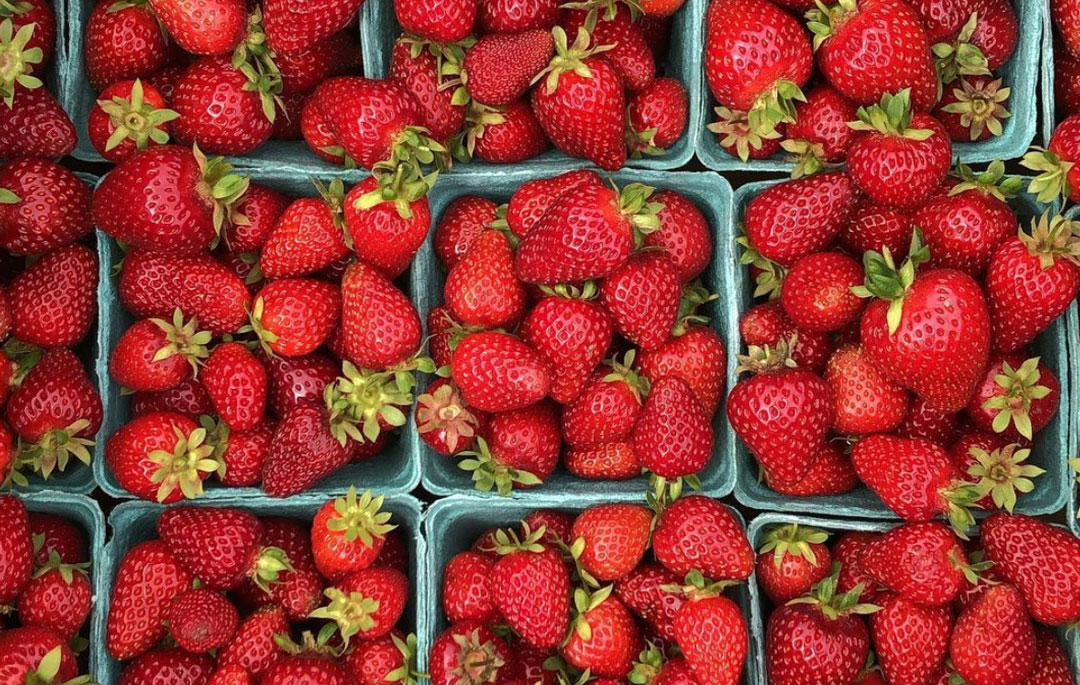
Regenerative Agriculture Practices + Benefits
No Till
No-till or low-till practices help reduce soil disturbance. Tilling causes soil erosion and infertility while releasing large amounts of carbon dioxide in the process. Water retention and nutrients are also improved with no-till practices.Crop Cover
Crops are covered with plants, mulch or light-blocking barricades to protect the soil. This helps manage soil erosion, weed growth, water absorption and pests while enhancing nutrients and soil quality.Crop Rotation
Crop rotation means that every growing season the type of crop is changed. Growing the same crop over and over again is called monocropping. The problem with monocropping is that the nutrients in the soil will eventually become depleted, which means that synthetic fertilizers are needed to restore the nutrients for crops to grow. Rotating crops helps produce various nutrients in the soil instead of depleting them while reducing the need for synthetic fertilizers and pesticides.
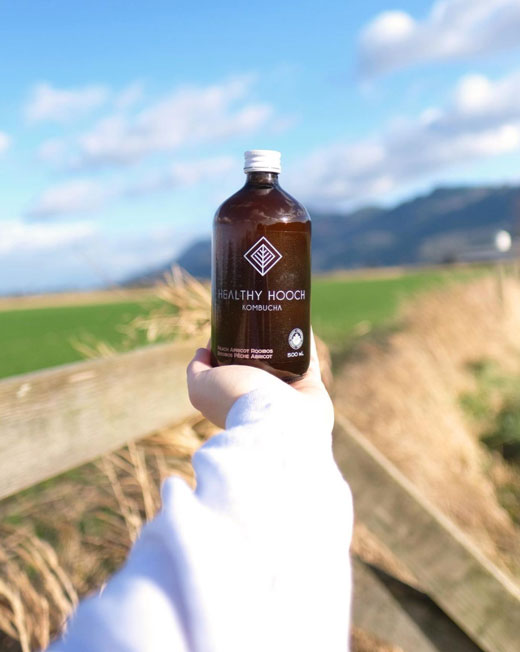
Maintain living roots in the soil
Keeping the living roots in soil feeds the creatures and organisms living within it, like worms, bacteria and fungus. These organisms are a vital part of plant growth and nourishment. They also naturally help with soil fertilization and water irrigation.Composting
Composting reduces and eliminates the need for synthetic fertilizers on crops. Compost is actually better for crops because it contains beneficial plant nutrients often absent in synthetic fertilizers. It increases the biodiversity of soil to support healthy plant growth and soil structure. Compost also helps decrease water runoff, which pollutes our waterways.Eliminate synthetic pesticides and fertilizer
Synthetic fertilizers and pesticides contain toxic chemicals that are bad for our health and the health of the planet. They leach into our groundwater, making their way into our waterways, polluting our freshwater sources. Another problem with synthetic fertilizer is it creates an imbalance of nutrients in the soil. The soil becomes dependent on artificial fertilizer, damaging the natural structure of the soil. Over time the use of synthetic fertilizers will eventually make the soil unusable. Soil containing organic matter is the opposite, it will keep building and getting healthier as the years go on.
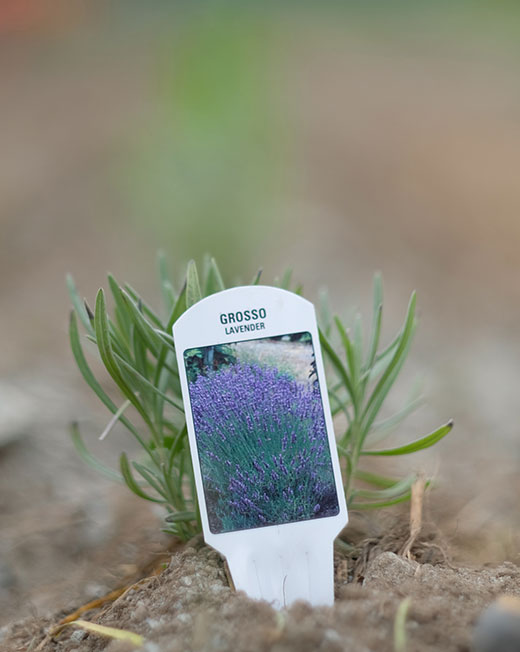
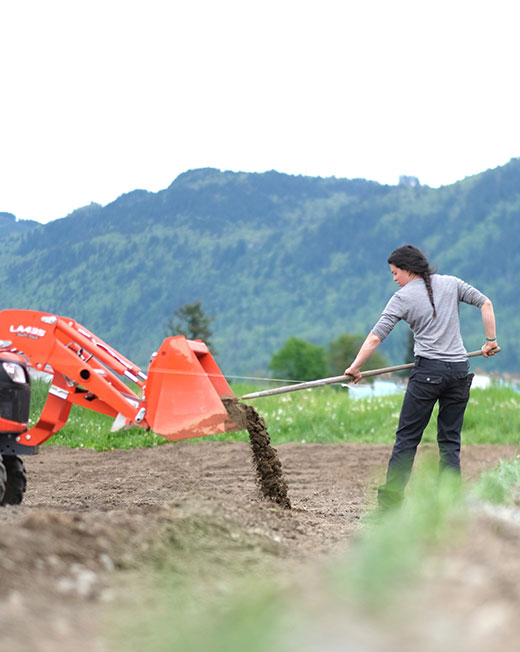
Integrating livestock
By managing how animals graze, they can be used to restore soil health. The animals are kept in a close herd within fencing and moved over the land. As they move over the ground, they trample the grass, which stimulates growth. The trampled grass mixes with the animal manure, turning into compost that feeds the soil, improving root health and growth.Companion Plants
Companion planting is when you grow different plants close to one another. It can increase crop yield and provide protection from the weather or pests. Another benefit is that one plant may need a specific type of nutrient from the soil, like nitrogen. Instead of the two plants competing for the nutrient, it is free for the other plant to use.BCARA & Healthy Hooch
Healthy Hooch Kombucha is certified organic by BCARA, British Columbia Association for Regenerative Agriculture. Certification holds us accountable in our business practices and lets the consumer know we are committed to providing quality, transparent products. BCARA visits the Healthy Hooch facility at least once a year to inspect our products, packaging, building, fields and plants. Every aspect of our production process is assessed to ensure that the final product maintains its organic integrity.

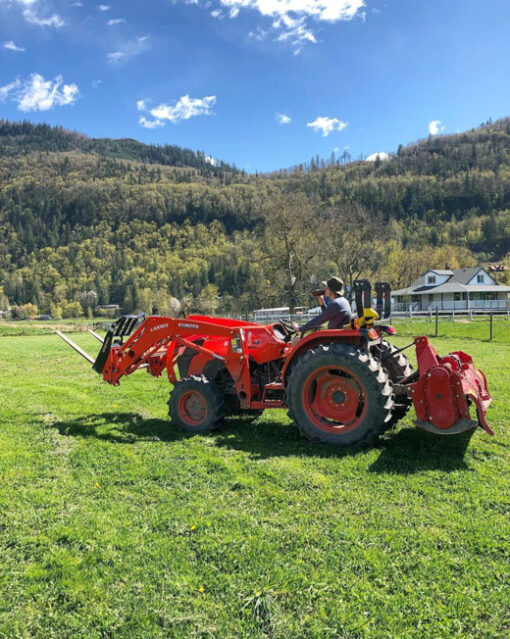

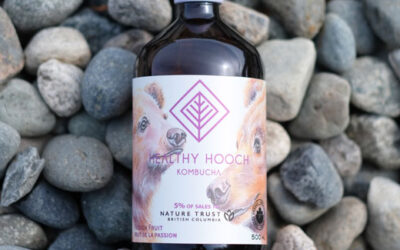

0 Comments